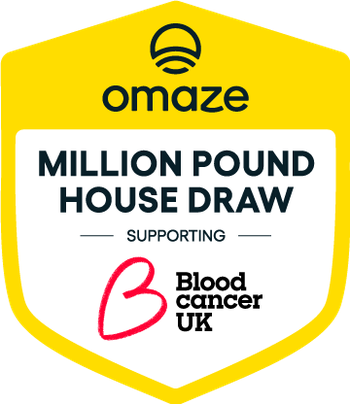Unlocking a new, less harmful way of treating acute myeloid leukaemia (AML)
Acute myeloid leukaemia (AML) is an aggressive form of blood cancer that develops very quickly and often needs urgent treatment. Professor Lacaud and his team want to understand more about the KAT6A protein and how it could be used as a kinder treatment for AML compared to many existing treatments.

Professor Georges Lacaud
The challenge
Acute myeloid leukaemia (AML) is an aggressive form of blood cancer that affects more than 3,000 people every year in the UK. Unfortunately, this blood cancer is very difficult to treat. People are usually treated with chemotherapy that has nasty side effects and doesn’t always work, and people often see their disease return. A specific protein called KAT6A has been found to play an important role in the growth of AML cancer cells.
The project
In this Omaze X Blood Cancer UK grant, Professor Lacaud and his team at the University of Manchester want to understand more about the KAT6A protein and how it could be used to help treat AML. They believe taking away this protein may be a way of targeting the AML cancer cells with fewer side effects than conventional treatments. They will identify new drugs that are better at targeting the KAT6A protein than drugs currently used. The team will then design and make molecules, which will destroy KAT6A. To do this the team will test these approaches in both AML cells generated in the lab and samples patients kindly donate to research.
The future
If successful, this project will get us closer to understanding whether this novel treatment approach could be beneficial in AML. As this treatment approach is designed to disturb a specific protein involved in cancer, it might have fewer side effects than current treatment options like chemotherapy.
Funding
This project is part of the Omaze X Blood Cancer UK Fund.

